How to Protect Your Hair during the Winter Months | |

| |
The winter season brings chilly temperatures, low humidity, and harsh environmental conditions that can take a toll on your hair. Cold winds, indoor heating, and frequent use of hats and scarves can leave your hair dry, brittle, and prone to damage. To keep your locks healthy and beautiful all winter long, it's crucial to adopt a hair care routine that provides protection, hydration, and nourishment. In this article, we will explore essential tips on how to protect your hair during the winter months, ensuring it stays vibrant and resilient throughout the season. Understanding Winter Hair ChallengesBefore we dive into the tips, let's understand the common challenges that winter poses for hair:
Essential Tips for Winter Hair Care1. Hydrate Your HairMoisture is key during the winter months. Opt for a moisturizing shampoo and conditioner that provide deep hydration. Look for products containing ingredients like shea butter, argan oil, or glycerin. Avoid overwashing your hair, as it can strip away natural oils. Instead, wash every other day or a few times a week to maintain moisture balance. 2. Deep Conditioning TreatmentsIncorporate regular deep conditioning treatments into your hair care routine to replenish moisture and restore vitality. Use a hydrating hair mask or deep conditioner once a week to provide an extra boost of hydration. Leave the treatment on for the recommended time, allowing the ingredients to penetrate deeply and nourish your hair. 3. Avoid Hot WaterWhile it's tempting to take hot showers during the winter, hot water can strip your hair of natural oils, leaving it dry and brittle. Opt for lukewarm water instead. Finish your shower with a cool rinse to seal the hair cuticles and add shine. 4. Protective StylingProtect your hair from the cold weather by styling it in protective hairstyles. Braids, buns, and updos can help shield your hair from the elements and reduce exposure to harsh winds. Use satin or silk scrunchies or hair accessories to minimize friction and prevent breakage. 5. Limit Heat StylingExcessive heat styling can further dehydrate your hair. Minimize the use of blow dryers, curling irons, and straighteners. When necessary, apply a heat protectant spray or serum before styling to create a barrier and reduce damage. 6. Cover Your HairWear a hat or a scarf made of a soft, natural material like wool or cashmere to protect your hair from the cold wind. Before putting on a hat, make sure your hair is completely dry to prevent excess moisture buildup, which can lead to fungal growth or an itchy scalp. 7. Combat Static ElectricityTo combat static buildup, use a leave-in conditioner or anti-static spray. Apply a small amount to your hands and lightly smooth it over your hair, focusing on the ends. This will help tame flyaways and keep your hair static-free. FAQs about Winter Hair CareQ1: Can I skip conditioner during winter to avoid hair getting greasy?No, it's essential to continue using conditioner even during winter. However, adjust the amount of conditioner based on your hair's needs. If you have fine hair, apply conditioner mainly to the ends and avoid the scalp to prevent excess greasiness. Q2: Can I go outside with wet hair during winter?It's best to avoid going outside with wet hair during winter. Wet hair is more susceptible to freezing in cold temperatures, which can lead to hair breakage. Always ensure your hair is dry before venturing out. Q3: How can I prevent a dry and itchy scalp in winter?To prevent a dry and itchy scalp, use a moisturizing shampoo and conditioner. Additionally, massage your scalp regularly to stimulate blood circulation and distribute natural oils. Consider using a humidifier indoors to combat dryness caused by heating systems. Q4: Can I use oil treatments during winter?Yes, oil treatments can provide added hydration and nourishment during winter. Apply a few drops of natural oils like argan oil or coconut oil to your hair ends or use it as an overnight treatment. This will help seal in moisture and combat dryness. Q5: Is it necessary to trim my hair during winter?Regular trims are important to maintain healthy hair, regardless of the season. Trimming your hair every 6-8 weeks helps prevent split ends and breakage, promoting overall hair health. Q6: Can I use regular shampoo and conditioner during winter?It's best to use a moisturizing shampoo and conditioner specifically formulated for dry or damaged hair during winter. These products provide extra hydration and protection, which is beneficial in combating the winter hair challenges. ConclusionProper hair care during the winter months is essential to keep your hair healthy, hydrated, and protected from the harsh elements. By following these tips and incorporating them into your hair care routine, you can prevent dryness, static, breakage, and scalp issues. Embrace the winter season with beautiful, resilient hair that looks and feels its best. | |
| Category: Hair Care | |
| Total comments: 0 | |
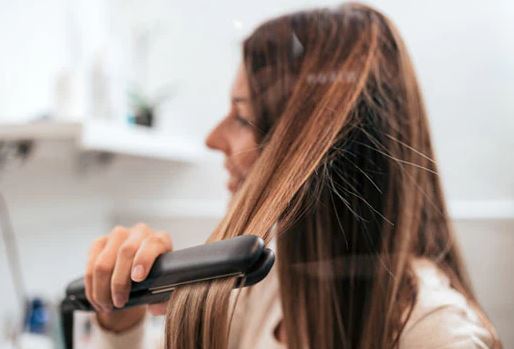 |
| Tips for Avoiding Hair Damage from Styling Tools |
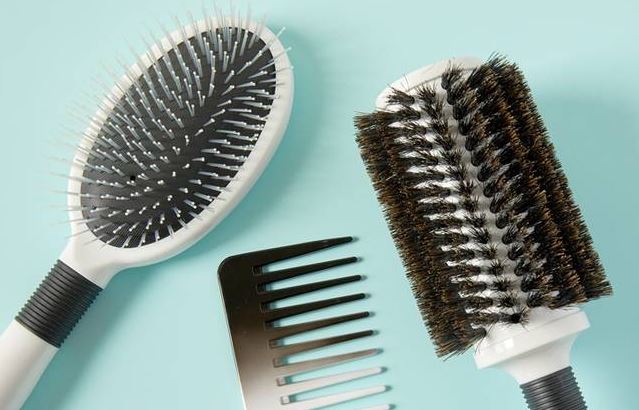 |
| Choosing the Right Hair Brush for Your Hair Type |
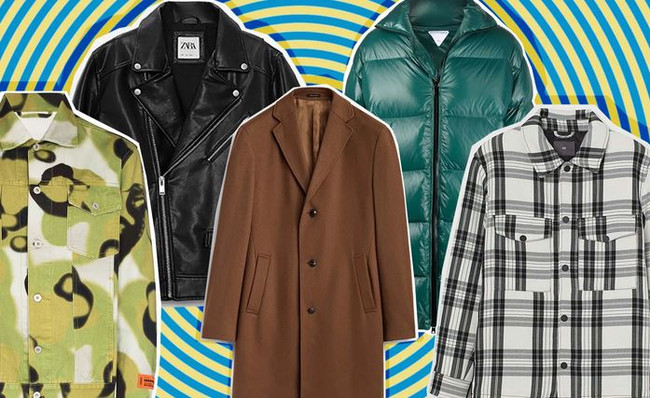 |
| Must-have wardrobe essentials for every woman |
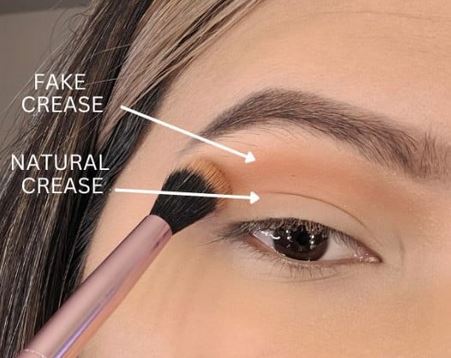 |
| Tips for Applying Makeup on Hooded Eyes |
 |
| Creating a Glamorous Evening Makeup Look |
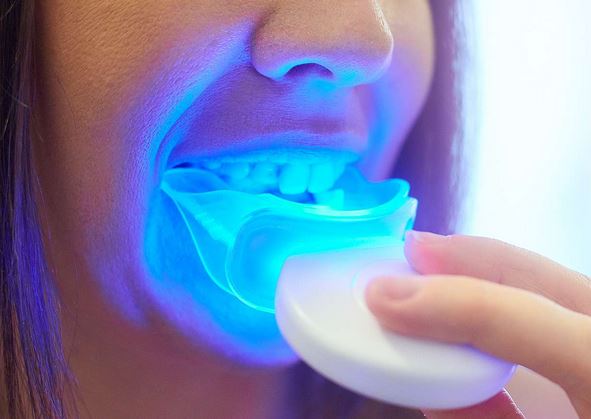 |
| How to choose Teeth Whitening Kits |
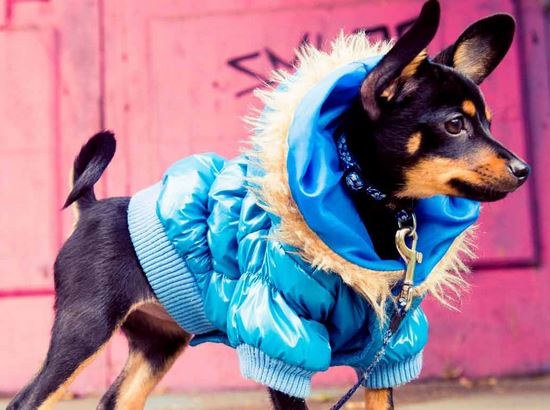 |
| How to Dress Your Dog in Style: Tips for Pet Fashion |
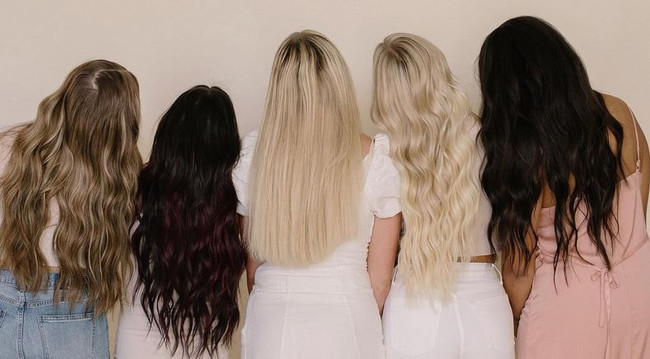 |
| How to Create Beachy Waves for Effortlessly Chic Hair |
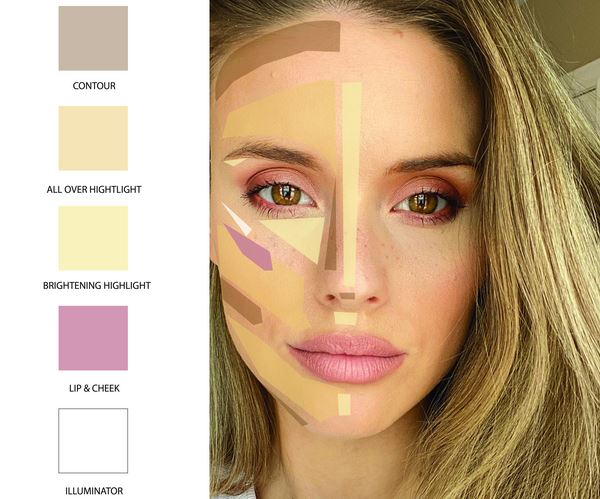 |
| The Art of Makeup Layering |
